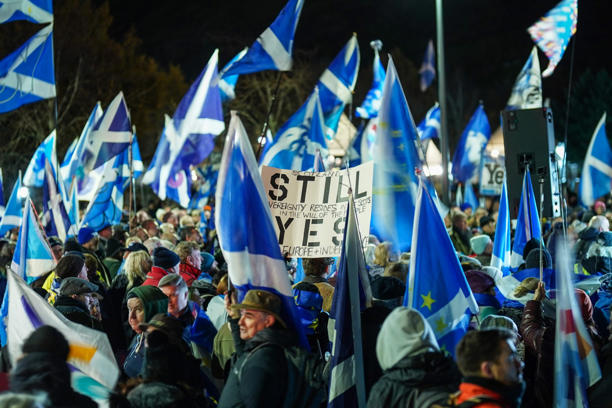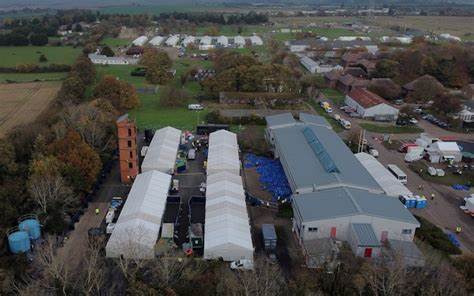.jpg)
Friday, 16th December 2022, Japan's cabinet approved a new national security strategy for the first time in nine years, which includes doubling the country's military budget.
The move has been commented on as the 'biggest military build-up since World War 2'. The new plan stands at odds with the country's pacifist constitution, which renounces the use of force to settle international discord. However, changes made in 2015 allow the use of force when Japan's security is threatened by attacks on other countries.
According to the Stockholm International Peace Research Institute, in 2021, Japan was the world's 9th biggest military spender. For decades, military spending has been capped at 1% of GDP. However, the current military strategy outlines plans to double military spending to 2% of Japan's GDP. Over the next 5 years, defence expenditure is projected to increase by nearly $315 billion. By 2027, annual security spending is predicted to total about $80 billion.
Some speculate that, one of the key reasons for the coming changes appears to be Russia's invasion of Ukraine. Brad Glosserman, an expert on Japanese policy, states that "The chief lesson from Ukraine is that if Japan hopes to enjoy external support, it needs to do more in its own defence,".
By investing in its military, Japan hopes to become less reliant on the support of American forces. Washington has encouraged Japan to strengthen it's military for several years. The U.S. is Japan's most important ally, and for the past 7 decades, the U.S. has made commitments to support Japan should enemies attack.
The changes in security strategy reflect nine years of geopolitical shifts in the region. The 2013 security strategy named Russia and China strategic partners. At the time, North Korea's nuclear program was seen as Japan's most significant security concern.
The most recent publication deems Beijing's actions as the 'greatest strategic challenge'. This is reflected in the words of Japan's Prime Minister Fumio Kishida "Unfortunately in the vicinity of our country, there are countries carrying out activities such as enhancement of nuclear capability, a rapid military build-up and unilateral attempt to change the status quo by force".
In recent years, China has been building its naval and air force presence in the South China sea, where it terraformed several islands, eventually arming them. China has also made further claims over a small group of tiny, uninhabited islands in the East China Sea currently under Japan's administrative control.
The sovereignty of the Senkaku islands has been embroiled in the long-standing contention over the delimitation of the Sino-Japanese maritime boundary. According to the Japanese Defence Ministry, The Chinese Coast Guard and Naval ships have been increasingly spending time in the waters around the Senkaku islands this year.
Japan's officials are apprehensive of China's escalating threats against Taiwan. Should Taiwan be taken by China, this would disastrously leave the southwestern islands of the Japanese archipelago vulnerable. Further, from this position, China could interfere with Japan's vital trade routes as the waterways between Taiwan and Japan have strategic choke points.
Japan has on several occasions clarified its position on defending Taiwan should China attempt to invade. According to Yasuhiro Matsuda, an international politics professor at University of Tokyo, "Japan's position is clear and steadfast – Taiwan is fundamental to its own security; it is not merely a stress point in its bilateral relations with China".
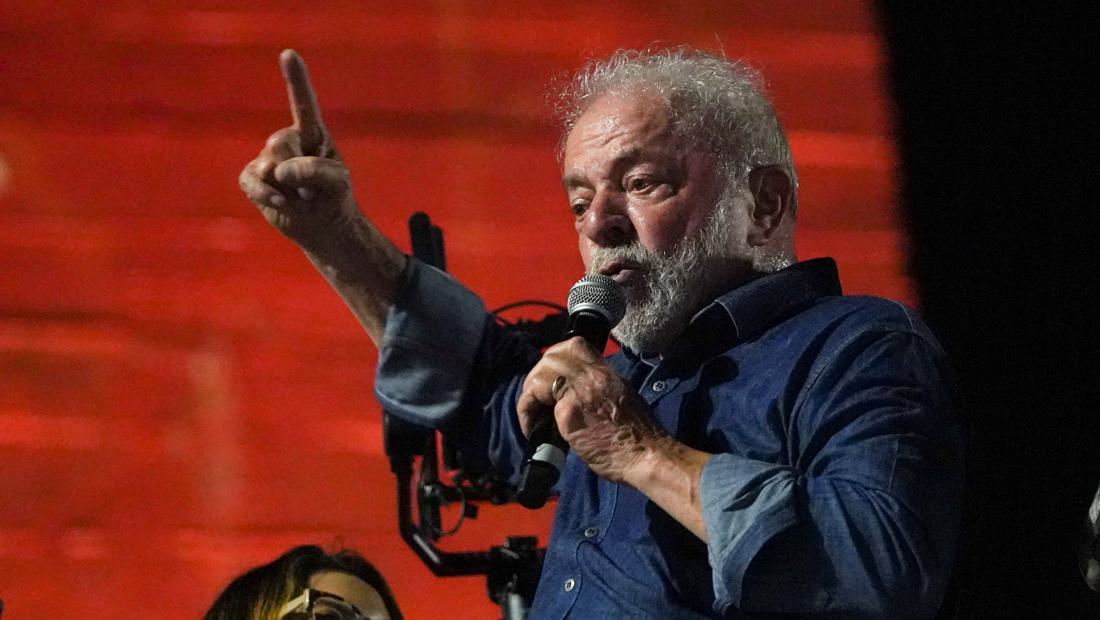



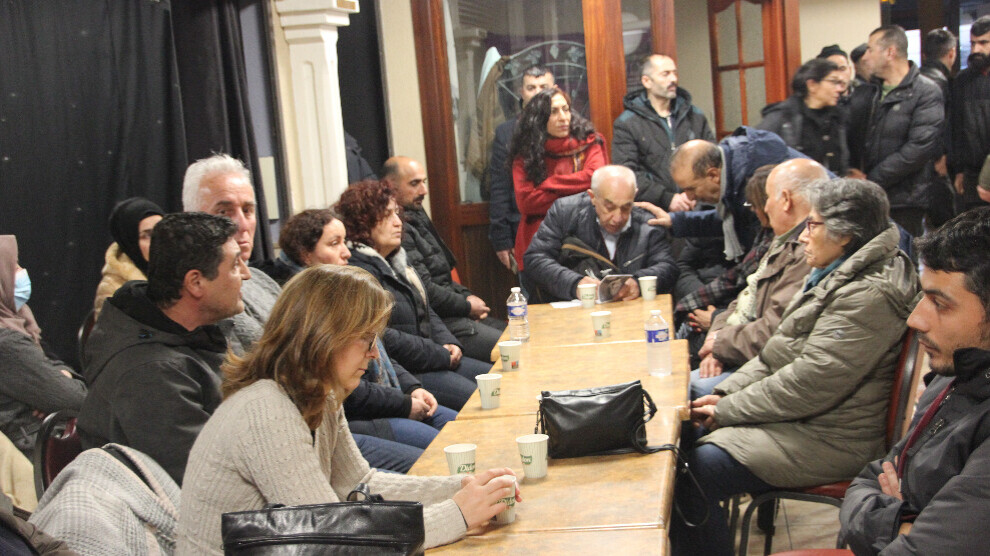

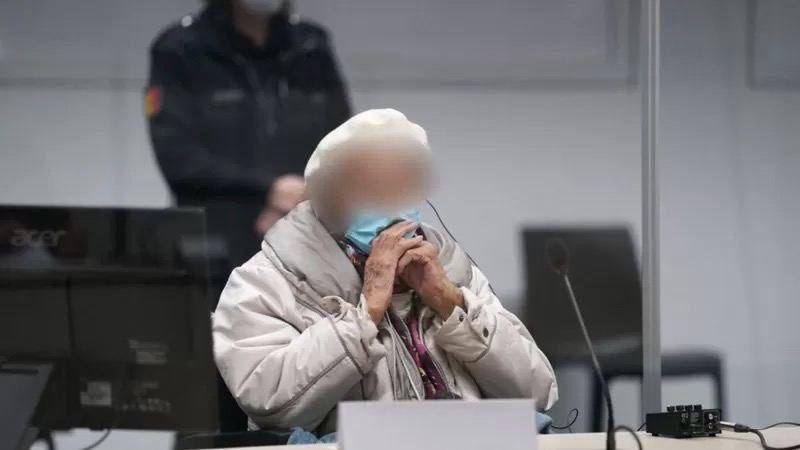

.jpg)
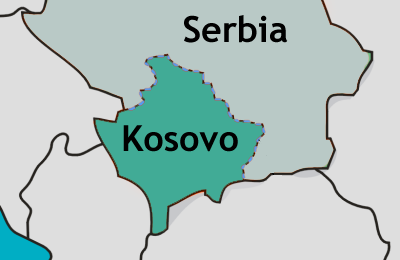

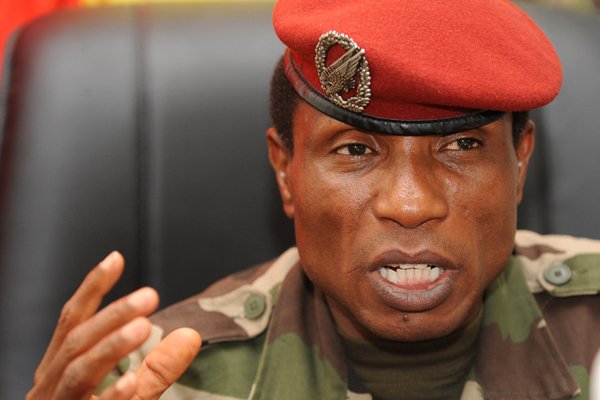

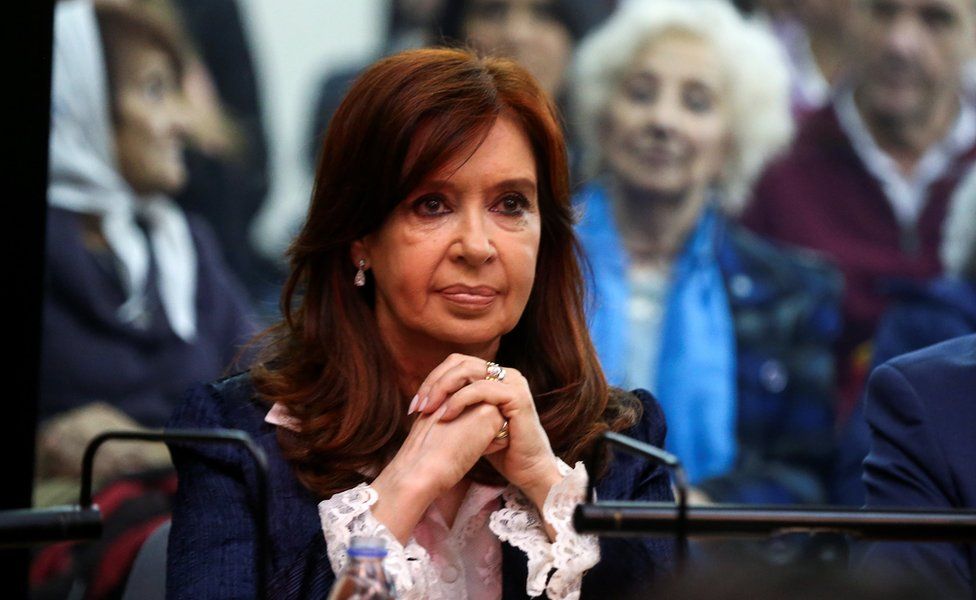

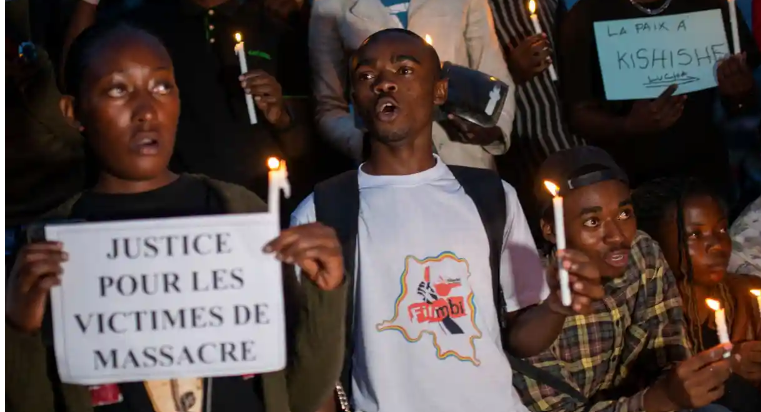
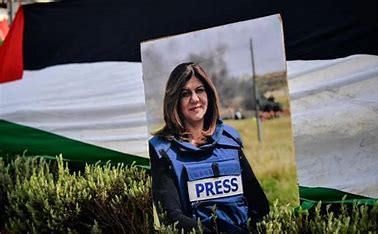
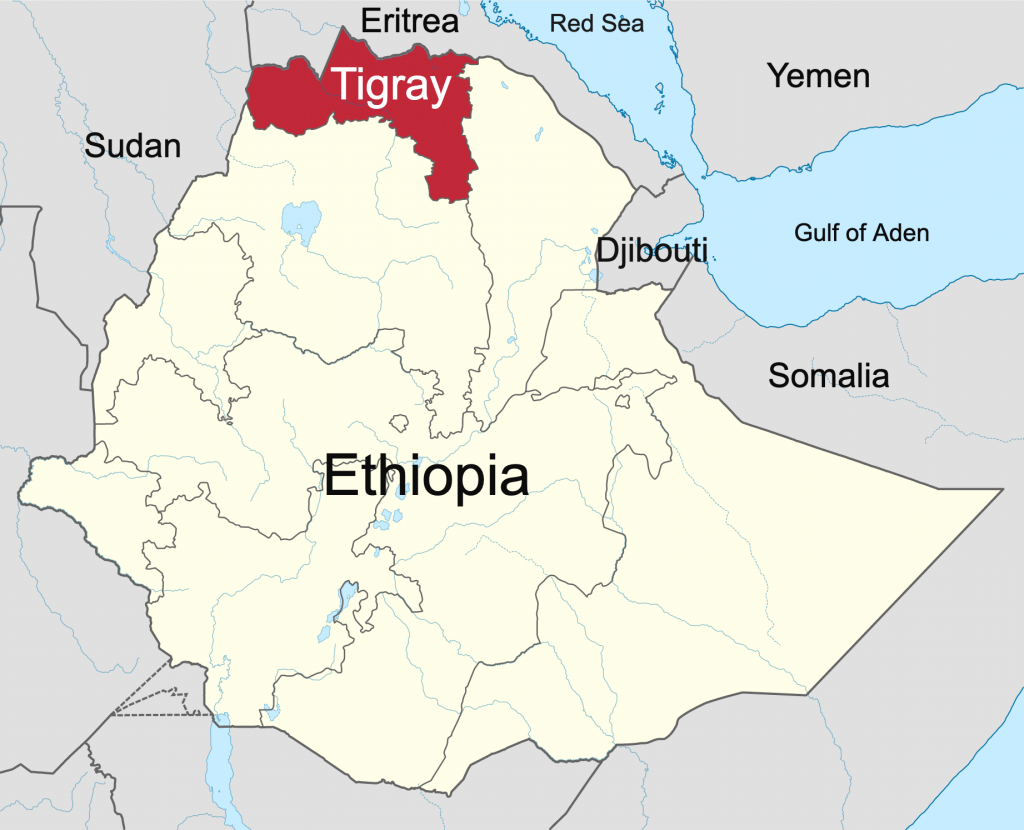
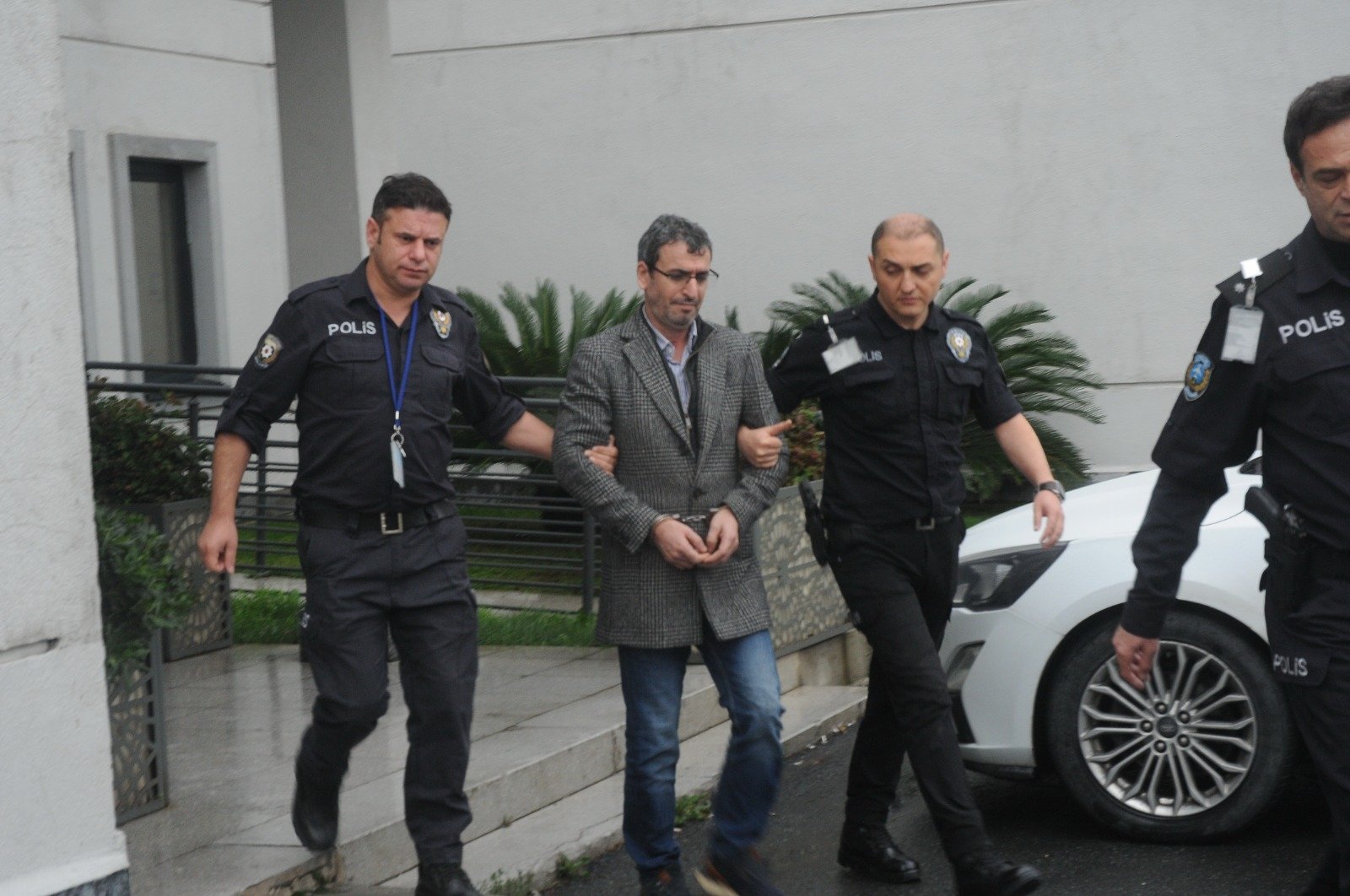 Mahamut Tat escorted by Swedish Police
Mahamut Tat escorted by Swedish Police 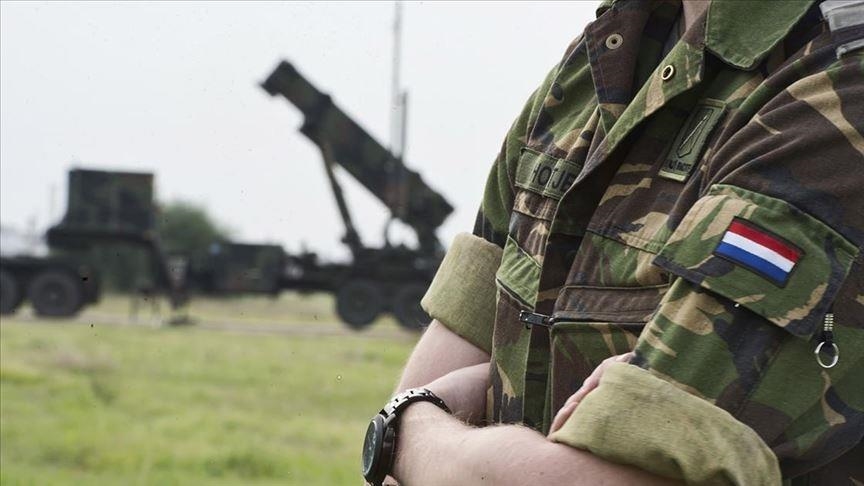
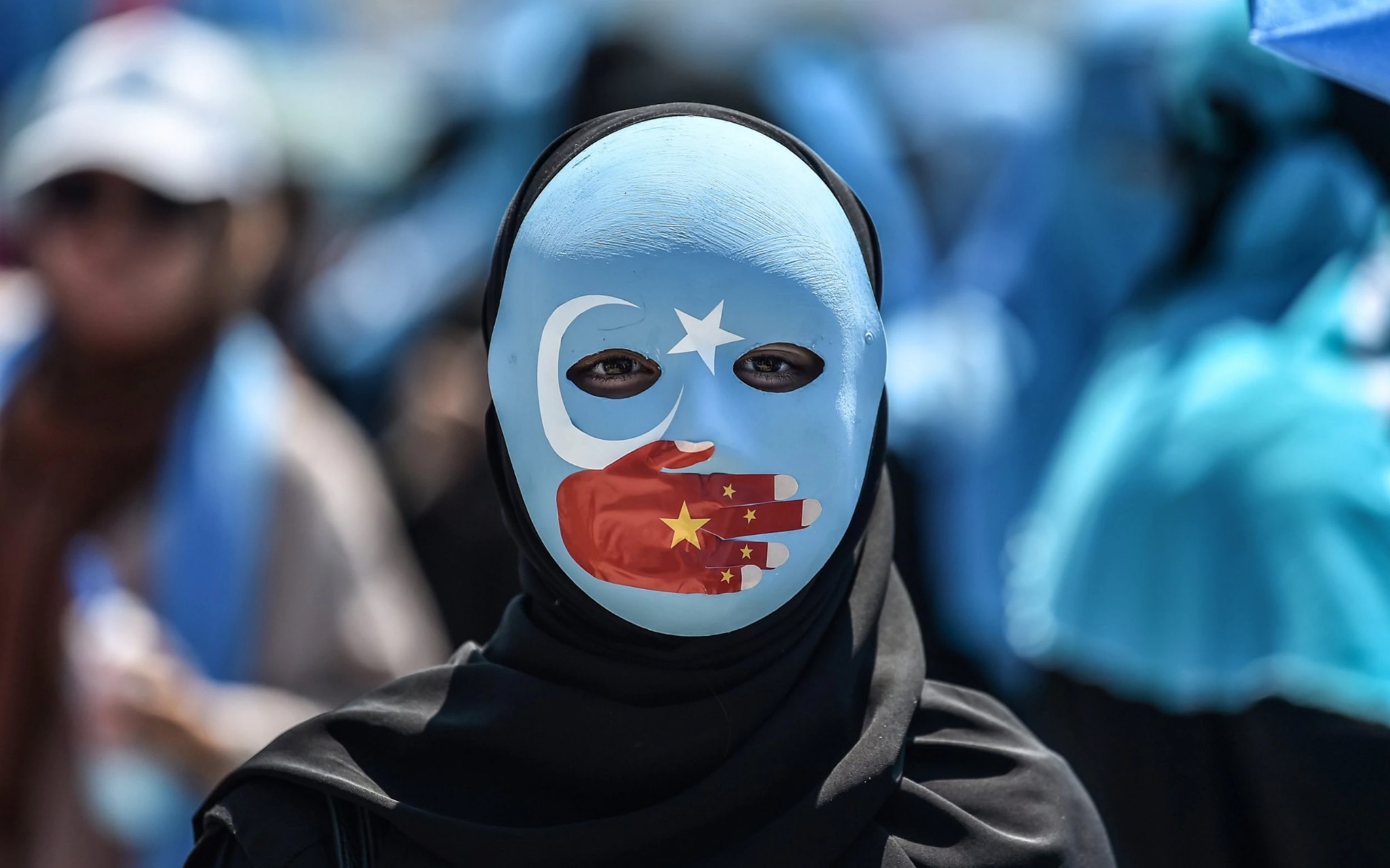 Many of the world’s largest asset managers and state pension funds are passively investing in companies that have allegedly engaged in the repression of Uighur Muslims in
Many of the world’s largest asset managers and state pension funds are passively investing in companies that have allegedly engaged in the repression of Uighur Muslims in 